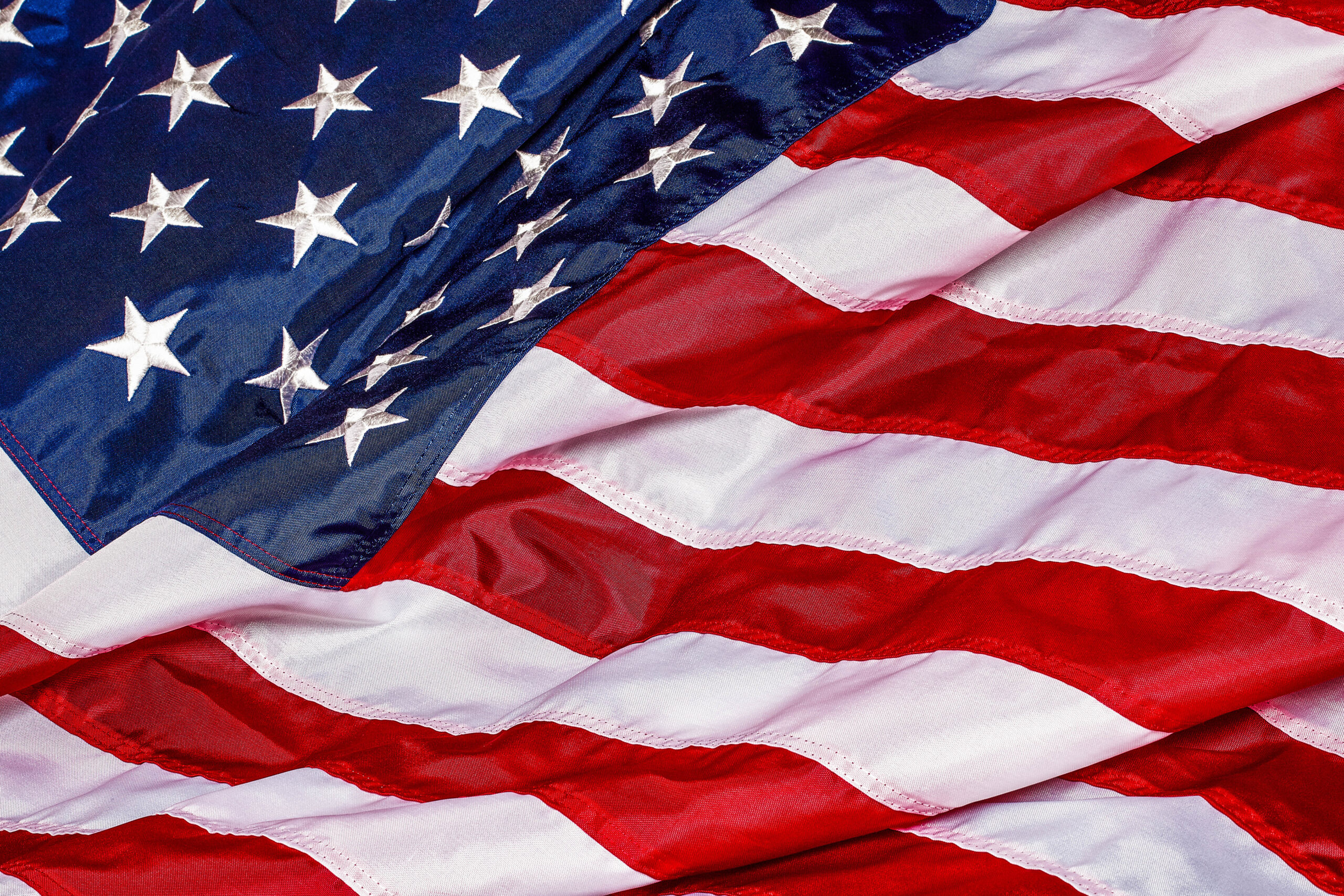Harry Truman had no sooner moved into the oval office as our 33rd president when Germany collapsed.
Franklin Delano Roosevelt had his hands on the wheel guiding the ship of state up to this point. Now, Truman, without any previous driving instructions, had to grab the wheel and keep us on course. This man – whose only management experience was running a haberdashery store in Independence, Missouri – was now sitting in the most powerful executive seat in the world. Talk about the weight of the world on your shoulders – he sure had it. Truman was not a rich elitist with an Ivy League academic background. No, he was a plain, humble, ethical man, who displayed the attributes of his Protestant Bible Belt upbringing, except for his sometimes-salty language.
The sheer number and complexity of the issues before him was daunting. A war in Europe was just ending and a war in Asia was still very hot; domestic issues galore as the result of a Depression and a war all had to be like holding a bag of screaming alley cats. With all that laid on his desk, on April 25, 1945, the new president was briefed on the secret Manhattan Project, which had successfully developed the most powerful bomb in the world: a nuclear bomb.
Despite being firebombed and despite their increasing military losses, Japan was rejecting all overtures to surrender. Would this atomic bomb end it all? President Truman had that and a million other questions.
American and Allied forces were now being marshaled for the invasion of Japan and the home islands. What would our losses and casualties be? What losses would the Japanese have? What further destruction would occur? These are very weighty issues.
The issues of war are not addressed in a cavalier way. There are people on both sides, soldiers as well as civilians, of all stripes. There are property and resources that must remain for survivors to survive. It is not like a baseball game where the team with the most runs wins and everybody goes home.
Truman had to digest many facts and listen to many opinions as he wrapped his mind around these issues. I feel certain that his decision was not made in haste. I believe that in the history of the world, the far-reaching effect of the decision of Truman ranks second only to that of Pontius Pilate. Ultimately, the total destruction of Hiroshima and Nagasaki and their populace caused Emperor Hirohito to order the Japanese forces to stand down and the war in the Pacific ended.
However, the Cold War began. The Soviet Union wanted to be a nuclear power and to extend the influence of Communism around the world. The Truman Doctrine was against those efforts and successfully stopped those advances. Through spies and other means, U.S nuclear secrets were obtained and the Soviet Union eventually became a nuclear power. Today, we still have many nations seeking to be nuclear powers, but on the positive side, nuclear power plants were developed, nuclear medicine became a reality and a peacetime use of nuclear energy is constantly being developed for industry. Our Naval fleets are almost exclusively powered by nuclear reactors. Civilian nuclear power plants are generating much of the electricity being used around the world.
Yes, the decision of Harry Truman was far-reaching. The next time you flip on a light switch, think of President Truman.
Richard A. Pender is the senior vice commander of American Legion Post 459 in North Brunswick. He writes the occasional historical column for Newspaper Media Group. Contact him at [email protected].

